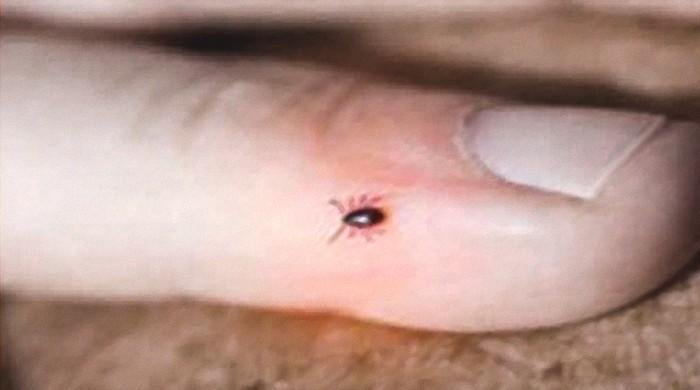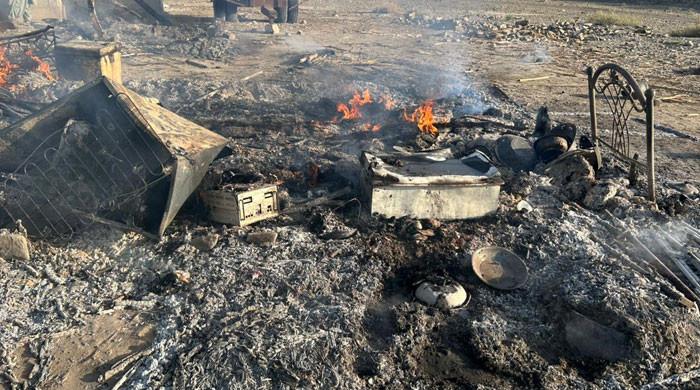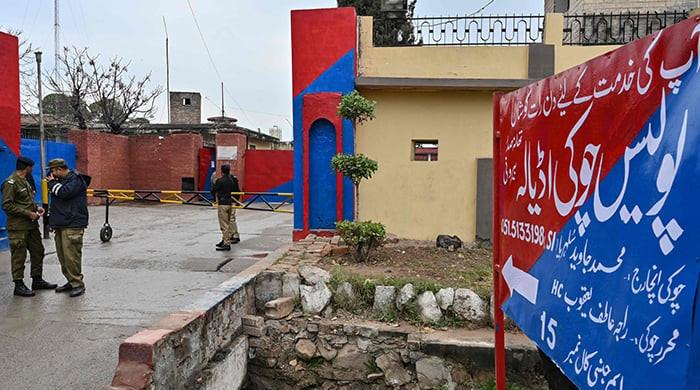Another patient succumbs to Congo virus in Quetta
Overall, 11 cases of Congo virus have been reported in 2017, of which four patients recovered and two and one died from the confirmed and suspected virus, respectively
May 06, 2017

QUETTA: A patient admitted on suspicion of Congo virus here in Fatima Jinnah Chest Hospital passed away Saturday noon, Geo News reported, citing the doctors.
Shah Jehan, who hailed from Loralai’s Duki area, was brought to the hospital two days ago and was under treatment accordingly. Despite the medical attention, his condition had remained critical, Dr Naseer, the in-charge of Fatima Jinnah Chest Hospital’s isolation ward, said.
Dr Naseer added that no blood samples could be withdrawn from the patient before his death, emphasising on how critical his condition had become.
Read more: Presence of Congo virus in Karachi
Overall, 11 cases of Congo virus have been reported in 2017, of which four patients recovered and two and one died from the confirmed and suspected virus, respectively. Five people were discharged with no diagnosis of the illness.
Congo virus – formally known as the Crimean-Congo hemorrhagic fever (CCHF) – has started rearing its head once again in the rural areas of northern Balochistan. The deadly disease is transmitted from cattle, sheep, goats and other livestock – that serve as hosts for the virus – to humans via contact with ticks or blood of these animals, the doctors said.
The virus is active at present in Pakistan, doctors said, adding that caution should be taken when going near, touching or sacrificing these animals. In addition to basic precautionary measures, livestock and other wild and domestic animals need to be sprayed.
Related: Patient dies of Congo fever in Lahore
In 2016, 152 cases of Congo virus were reported. Of these, 50 patients were confirmed to be carrying the disease and 10 died from it.
The bont-legged ticks – Hyalomma ticks – become significantly active from March and April to September and October.
Furthermore, it should be noted that “human-to-human transmission can occur resulting from close contact with the blood, secretions, organs or other bodily fluids of infected persons,” according to the World Health Organization’s (WHO) information on Congo virus.












